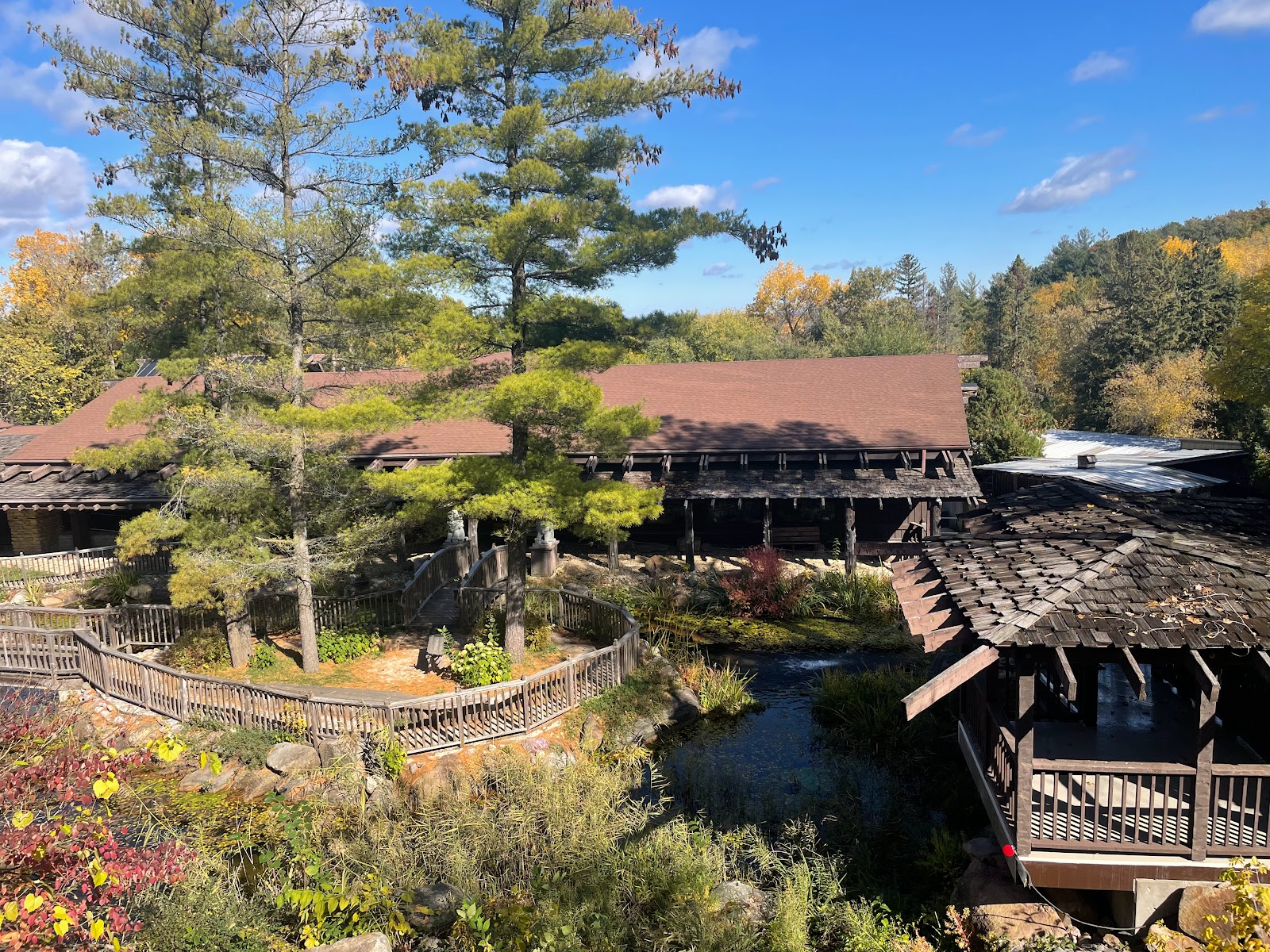Creative Nonfiction
My master's degree in historic preservation is from Goucher College, and during our sessions, there was another group that met near us — the creative nonfiction masters program. Since then, I've always had a hard time defining "creative nonfiction," but have always said "I know it when I see it." And this week I came across an excellent example.
Yesterday, an Apartment Therapy piece popped up on my Facebook feed called "Why I Regret Buying an Old Home." Since naturally that is NOT my mindset, I clicked over, and of course I could not have disagreed with the article more. I don't often post in the comments, but here I did:
A little more digging showed that the OP bought the home for what might be a great price in New York but was staggering to me (just over 500K), but was able to sell it 20 months later for a profit of 117K. So presumably at least some of the pain of living in an older home was worth it.
The kicker though? The "modern" house the OP refers to purchasing in Portland (for 620K, so maybe if was just 112K nicer of a house than the one in New York)? Was built in 1924.
I don't begrudge the article author any of this, honestly. It sounds like there were a lot of hassles experienced in the New York home, and that the new life in Portland is eminently better. Though I am wary of people who say "my life here is so bad, if I just move it will solve it all," it sounds like in this case it might have been true. But I find it disingenuous to blame that on an "old" house, when it sounds like the situation is much more than that, and though it made a nice, simplistic hook for the story, it left a bad taste in my mouth.
Or, as Patrick wisely said "The things people will say/do to get attention..."
Yesterday, an Apartment Therapy piece popped up on my Facebook feed called "Why I Regret Buying an Old Home." Since naturally that is NOT my mindset, I clicked over, and of course I could not have disagreed with the article more. I don't often post in the comments, but here I did:
I love our old house that I purchased, in poor shape as a HUD home 25 years ago. I love being a caretaker to a house build by a land-speculating hardware widow in 1886, a house that we will pass on to our daughter. I love that I moved into a neighborhood full of "urban pioneers" who moved onto vacant, boarded homes — people who taught us how to throw "work parties" and lent us their tools until we accumulated our own. I love that I have great relationships with tradespeople to work on the bigger projects, while we take on others on our own — nothing feels more zen to me than fixing plaster detail or painting woodwork. I loved our old, gravity furnace that the house was literally built around, and still think the newer forced air unit we put in was a mistake (and don't even get me started about my fear of mold in new construction, having heard too many horror stories.) For our family, that sense of sanctuary is reflected in our values of being a part of history, and a family that works together to maintain a beautiful home.I went back a little later to check on the comments and re-read the article, and something in it still did not sit right with me. Since the writer has a fairly high profile, it was fairly easy to find the house referenced online. Truth be told, it's not a gorgeous house; it's one half of a brick townhome. But it sure did not look like a 1936 home (as the author claimed), and a little more digging shows that it's not a pre-war home, but rather was built in 1950 — which, in the preservation world, can be a big difference.
A little more digging showed that the OP bought the home for what might be a great price in New York but was staggering to me (just over 500K), but was able to sell it 20 months later for a profit of 117K. So presumably at least some of the pain of living in an older home was worth it.
The kicker though? The "modern" house the OP refers to purchasing in Portland (for 620K, so maybe if was just 112K nicer of a house than the one in New York)? Was built in 1924.
I don't begrudge the article author any of this, honestly. It sounds like there were a lot of hassles experienced in the New York home, and that the new life in Portland is eminently better. Though I am wary of people who say "my life here is so bad, if I just move it will solve it all," it sounds like in this case it might have been true. But I find it disingenuous to blame that on an "old" house, when it sounds like the situation is much more than that, and though it made a nice, simplistic hook for the story, it left a bad taste in my mouth.
Or, as Patrick wisely said "The things people will say/do to get attention..."



Comments